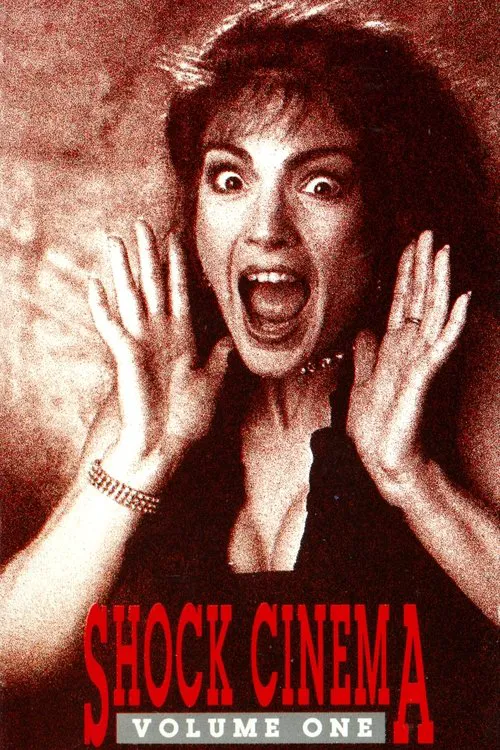Shock Cinema: Volume One

Plot
Shock Cinema: Volume One is an hour-long documentary that delves into the world of low-budget filmmaking, focusing on the experiences of directors and filmmakers who have made a significant impact in the direct-to-video market. Released in 1998, it is directed by Joe Bob Briggs, a long-time film critic and host of the popular television series Joe Bob's Garage. The documentary features a series of in-depth interviews with a diverse group of filmmakers, each with their own unique background and approach to making films. These directors share their stories and insights into the challenges and opportunities that come with creating low-budget movies that often don't receive mainstream recognition. One of the key figures in the documentary is Herschell Gordon Lewis, a pioneering filmmaker known for his work on exploitation cinema and gore-filled films. Lewis, affectionately referred to as the 'Godfather of Gore,' is a true industry legend, having directed over 50 films during his career. His contributions to the world of direct-to-video filmmaking are invaluable, and his experiences provide a fascinating glimpse into the early days of exploitation cinema. The documentary also explores the world of horror movies, interviewing directors such as Jim Wynorski, who has directed a wide range of films, from comedies to sci-fi thrillers. Wynorski's experiences offer a unique perspective on the creative process, highlighting the importance of adapting to the limitations of low-budget filmmaking while keeping the audience entertained. Tobe Hooper, another industry veteran, shares his insights into the world of horror movies, discussing the challenges of balancing violence and gore with storytelling and character development. His experience with films such as 'The Texas Chain Saw Massacre' and 'Poltergeist' showcases the impact of low-budget cinema on mainstream audiences. The documentary also delves into the realm of grindhouse cinema, highlighting the work of directors such as William Lustig, who is best known for his 'Maniac' and 'Maniac Cop' series. Lustig shares his experiences of working in the grindhouse, describing the era of exploitation cinema in the 1970s and 1980s when many low-budget films were shown on local grindhouse screens before eventually gaining a cult following. In addition to the interviews, the documentary also showcases a selection of footage from some of the featured films, providing a brief glimpse into the aesthetic and style that defines low-budget cinema. The use of this footage serves as a reminder of the enduring impact that these films have had on the cinematic landscape. Throughout the documentary, Joe Bob Briggs proves to be an engaging and knowledgeable host, providing context and insight into the world of direct-to-video filmmaking. His experience and enthusiasm for the subject matter make him the perfect guide to navigate the fascinating world of low-budget cinema. Shock Cinema: Volume One is a valuable resource for anyone interested in the world of low-budget filmmaking. The documentary provides a platform for a diverse group of filmmakers to share their experiences and perspectives, offering a unique insight into the creative process and the challenges faced in making films on a shoestring budget. It serves as a testament to the enduring power of cinema and the importance of preserving the stories and experiences of those who have made a significant contribution to the industry.
Reviews
Recommendations




